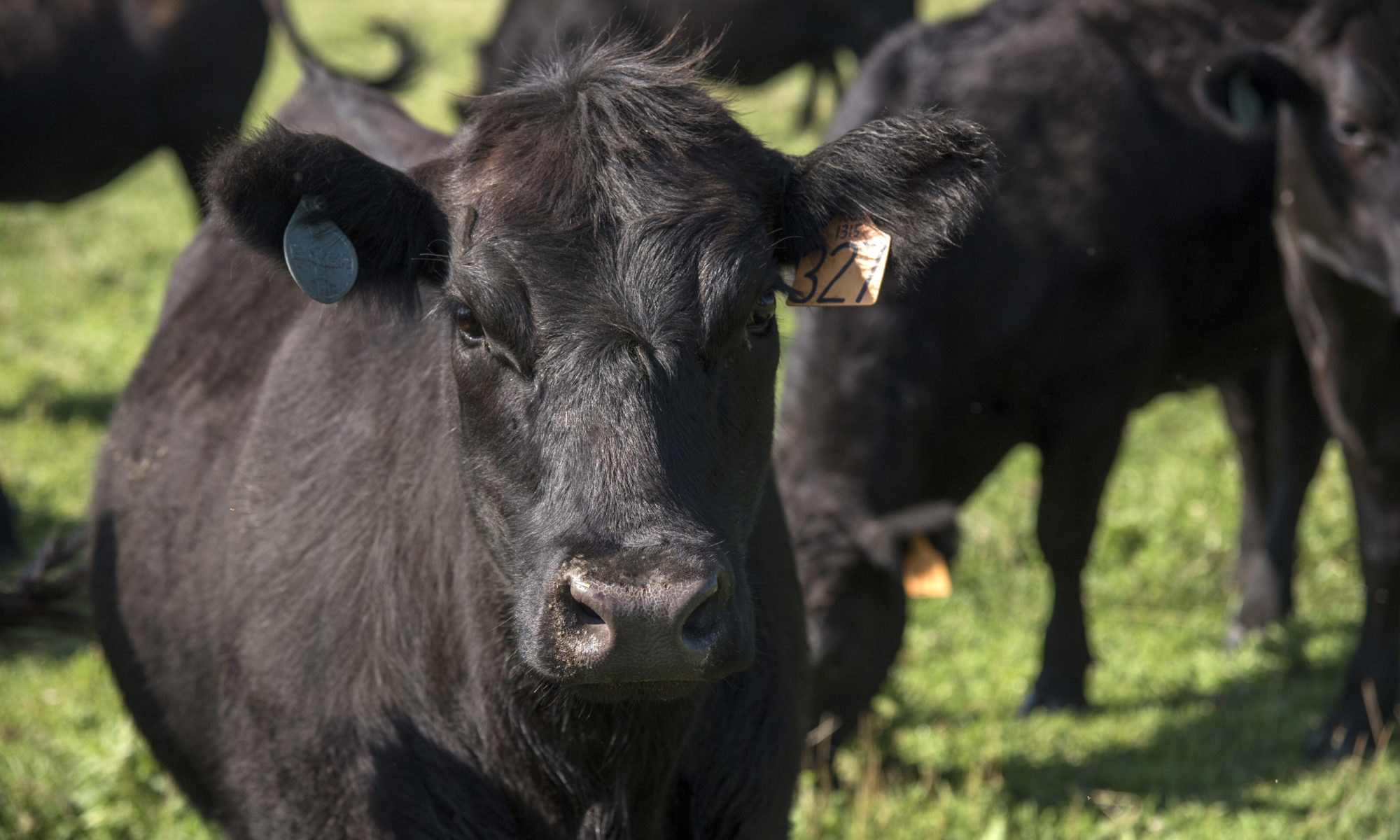
Research To Emphasize Identification of Latent Phenotypes, Future Calf Performance and Health
KNOXVILLE, Tenn. – The research team of Troy Rowan, Jon Beever, Kurt Lamour and Liesel Schneider, at the University of Tennessee Institute of Agriculture, has been awarded a grant from the Agricultural Genome to Phenome Initiative (AG2PI) to advance research in developing cost-effective methods for collecting molecular phenotypes in cattle.
The project is one of 11 seed grants awarded by AG2PI to 20 institutions across the country in the second of three rounds of grant competition. Awarded grants help to address genome to phenome issues and develop solutions for research needs and identify gaps as well as sharing opportunities. Project work begins in early 2022 and will run from six to 15 months.
AG2PI is a three-year project funded by the U.S. Department of Agriculture’s National Institute of Food and Agriculture. The goal of AG2PI is to connect crop and livestock scientists to each other and to those working in data science, statistics, engineering, and social sciences to identify shared problems and collaborate on solutions.
Rowan, an assistant professor in animal science, is the lead project investigator for the project, “Developing a Cost-Effective Method of Collecting Informative, Population-level Molecular Phenotypes in Cattle.” He and the research team will explore the use of computationally identified genes in beef stocker calves to identify latent phenotypes and to predict future calf performance and health outcomes. Although their focus is on cattle, they hope the technology could be applied across species and in genome to phenome applications.
The Round 2 Seed Grants span three levels of funding: emerging grants, enabling grants, and establishing grants. Award amounts range from $20,000–$75,000, depending on the grant type and associated funding level. This award is an emerging grant.
“The projects awarded in this round of our seed grant program helps to broaden the interactions between crop and livestock science, which is necessary to find synergistic relationships,” says Patrick Schnable, AG2PI lead scientist and distinguished professor at Iowa State University. “Finding ways to work that transcend boundaries will improve the pace and methodologies for those in plant and animal research communities.”
The third round of AG2PI seed grants will be awarded in Spring 2022. Information for submitting a proposal for Round 3 is on the website; the deadline for submission is March 8. For more information on this and other grant opportunities, visit the webpage: https://www.ag2pi.org/seed-grants/.
The AG2PI is funded by the U.S. Department of Agriculture’s National Institute of Food and Agriculture. The goal of AG2PI is to build communities that address the challenges of genome-to-phenome research across crops and livestock. The AG2PI partners include Iowa State University, University of Nebraska, University of Arizona, University of Idaho, and the Iowa Corn Promotion Board.